Although sport media headlines often accentuate the misdeeds and inappropriate actions of athletes, few can doubt the overall national interest in athletic competition and its benefit to America. As a guest of the National Basketball Association (NBA), I recently had the wonderful opportunity to travel to South Africa for the 2015 NBA Africa Game to witness firsthand the investment and impact of basketball on the entire Africa continent. If the influence and outcomes of the NBA Africa Game is any indicator of how sport can foster collaboration, economic development, and business partnerships in a community, we all need to immediately rally and support more sport-related entrepreneurial activities.
The NBA Africa Game, a “startup” venture hosted by NBA Africa in Johannesburg, featured two teams of NBA players whose birthplace (or one parent) is Africa versus players who hail from the United States, Spain, and Montenegro. The highly competitive game was played in a sold out facility that mesmerized the fully engaged African fan-base. The team captains, Chris Paul (Los Angeles Clippers and Wake Forest University) and Luol Deng (Miami Heat and Duke University), led their teams in a run and shoot battle that was won in the closing minute by Paul’s hot 3- point shooting squad. The NBA did its best to transform this event such that it mirrored a regular season game located in the USA by shipping in a regulation floor, goals, pre-game entertainment, and several NBA mascots. Prominent governmental and basketball dignitaries from other African countries, U.S. Ambassador Patrick Gaspard, South African Minister of Sport and Recreation Fikile Mbalula, NBA Commissioner Adam Silver, NBA corporate partners, and entertainers sat at courtside for this historic occasion. The only thing missing at Ellis Arena were the high-tech spotlights and colorful illumination!
Over the past few decades, under the former leadership of Commissioner David Stern and now Silver, the NBA has arguably surpassed America’s favorite pastime of Major League Baseball and the National Football League to lead the professional sport industry in many creative business strategies. The NBA’s forward-thinking executives, staff, and owners have implemented many policies and programs to greatly propel interest in basketball across the USA and the entire world. Still beaming from its media broadcast contract of $2.6 billion dollar per year through the 2024-2025 season, the NBA has even managed to garner the attention of sport lovers without winning teams in two of the largest media markets: Los Angeles and New York City! Undoubtedly, operating as a global sport business matters a great deal to the NBA. This determination is demonstrated in the following ways:
- The ability to effectively manage labor negotiations has spurned a very attractive employment opportunity such that NBA players are the highest paid athletes in the world earning an average of $4.5 million per year (2014- 15 season).
- The NBA scores very well in matters of diversity and racial equality issues. The league scored an A+ for racial hiring practices from the Institute for Diversity and Ethics in Sport. From employment (e.g., Becky Hammond, of the San Antonio Spurs, recently became the league’s first female coach) to the All-Star Weekend’s Newsmaker Breakfast, whereby an invitation-only audience hears a message from a prominent leader, the NBA desires to be a world-class business organization – not just a basketball league.
- The NBA Tech Summit is a way for the league to demonstrate its commitment to youth and the implementation of new media and advanced digital technological tools. It is of no surprise and very much by design that the NBA is highly popular on newer social media platforms such as Vine and Snapchat. In addition, the NBA (17 million followers) and its league stars are the most active and popular professional athletes on Twitter.
Arguably, these business successes pale in comparison to the vast investment — social, economic, and political – by the NBA to their commitment to the global expansion of basketball. Charitable efforts such as NBA Cares and with more than 100 players born or raised outside of the United States, the NBA has created a plentiful marketing platform to engage most of the entire world with its numerous product extensions. Since 2001the NBA has implemented grassroots programming through partnerships with Basketball Without Borders (BWB) and the International Basketball Federation (FIBA) to offer more than 41 BWB camps in 23 cities in 20 countries on five continents! Having more children play basketball and learn life skills through sport participation is the ultimate mission of the NBA global initiatives.
In conjunction with the 2015 NBA Africa Game, the NBA and BWB hosted youth clinics, refurbished a library and donated two basketball courts at the SOS Children’s Village and a Boys and Girls Club at Protea Glen. As a public-private partnership, the NBA worked collaboratively with governmental and community leaders to support the SOS Children’s Village at Ennerdale, which creates and supports the family structure for orphaned and abandoned children. Current NBA players were joined at these events by notable NBA alumni Dikembe Mutumbo, Hakeem Olajuwon, and Curtis “Muggsy” Bogues (Wake Forest), five-time NBA championship Coach Gregg Popovich, NBA owner RC Slocum, NBA Africa managing director Amadou Fall, and NBA Coach of the Year Mike Budenholzer.
Similar to global immersion programs, this trip by the NBA players and guests was so much more than the opportunity to teach and expose basketball to soccer and cricket aficionados. Yes, South Africa clearly received the sport skills and influence of the NBA brand. However, the buzz on the ground centered on the visitors being moved by the powerful symbols, monuments, and museums throughout the city. The shrines and tributes fully represent the past struggle and determination to unify the country. All who were a part of the NBA contingent felt the impact of Pres. Nelson Mandela’s love, forgiveness philosophy, and promotion of an intentional democratic governmental structure. In particular, the visit to the Apartheid Museum was very emotional as the experience brought one seemingly face-to-face with the injustice, horrors, and cowardice of a racist power structure. Players were provided a very unforgettable experiential history lesson that many never received in their U.S. classrooms.
Although I am back home in America, I still feel the drumbeat of Africa from one of the most rewarding business trips one could ever imagine. The inaugural NBA Africa Game reflected Mandela’s spirit and goal to use sport to bring people together. For many years the South African apartheid regime cleverly manipulated barriers and political policy to uphold the immoral government. However, the country’s minority white population and President F.W. de Klerk could not understand nor accept the isolation and exclusion imposed by the sporting world. Countries refused to play ball with South Africa. As Mr. Mandela noted, this rejection made the difference; peace and the long journey to reconciliation was indeed sparked by the power of sport. We remain ever grateful for this unique platform of sport to touch the hearts of humankind to imagine and build solutions for tomorrow. And isn’t it amazing that in 2015 basketball is still remains one of the most effective ways to foster new ideas, increase diversity, and promote collaboration? The possibilities are endless for this children’s game that makes us smile and cheer. A big salute to the NBA for its entrepreneurial spirit to ignite that feeling across the world!

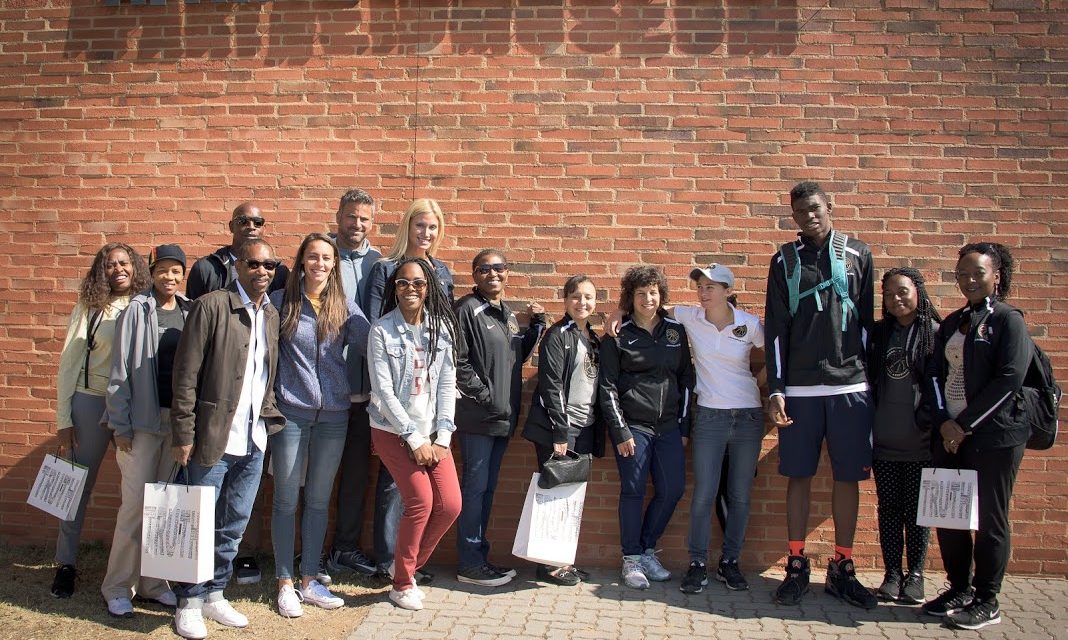
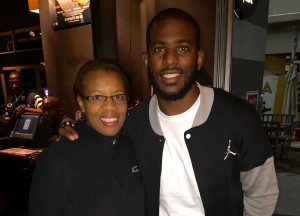
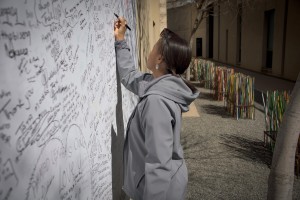
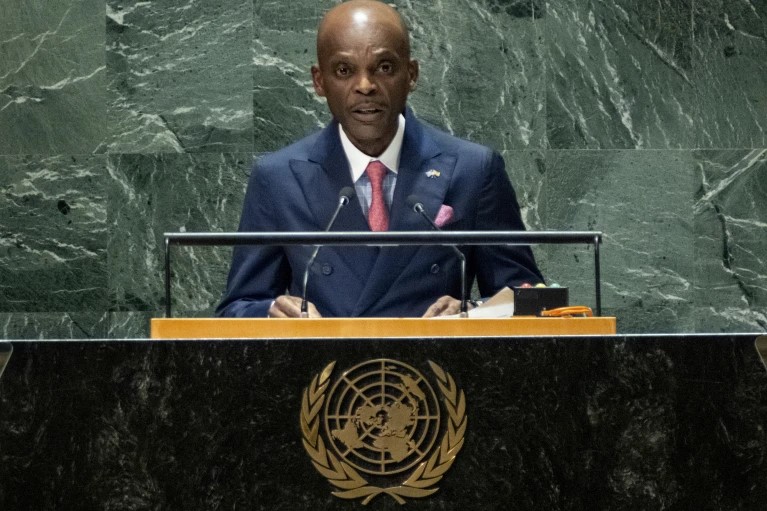
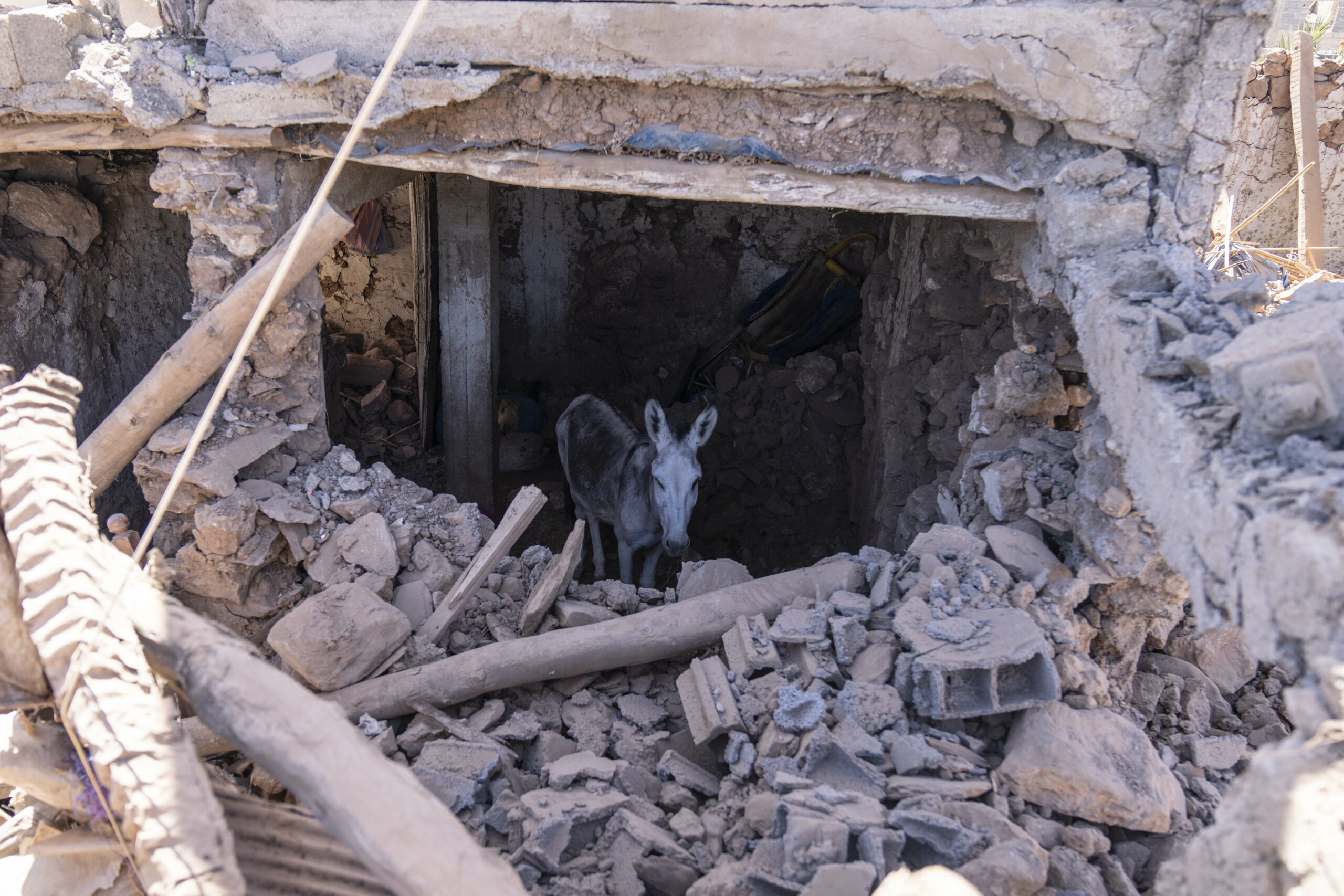
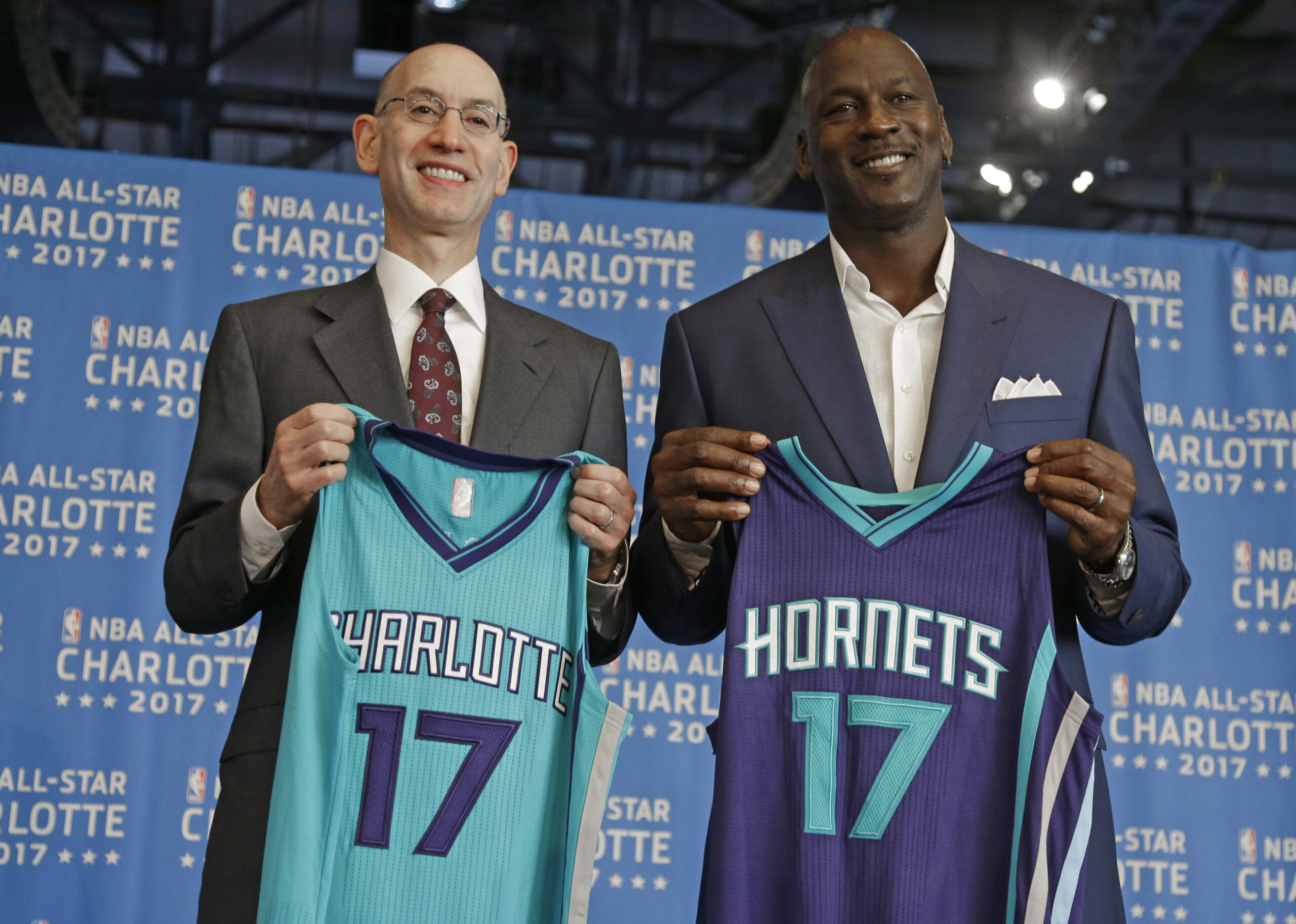

Comments on Chapelboro are moderated according to our Community Guidelines